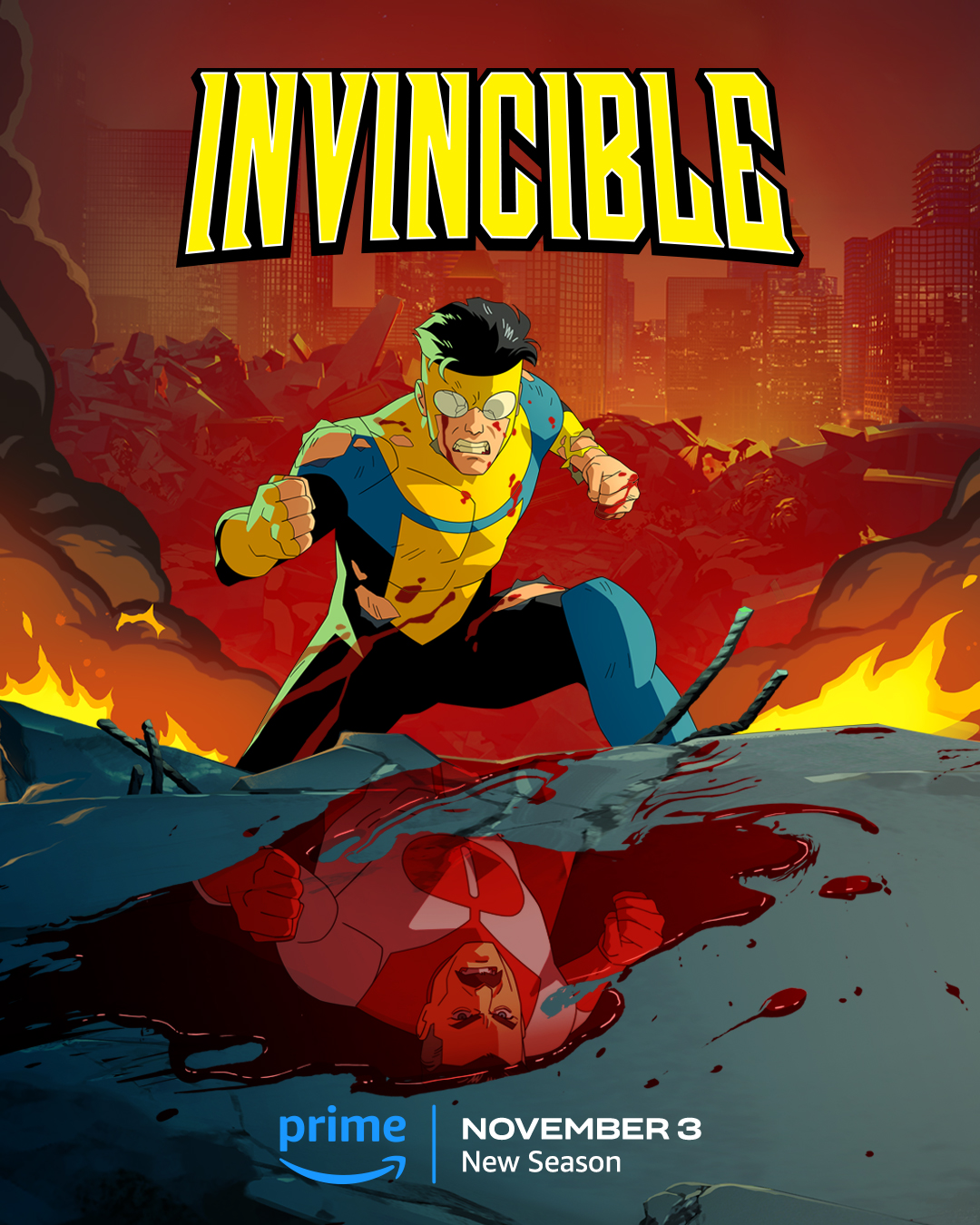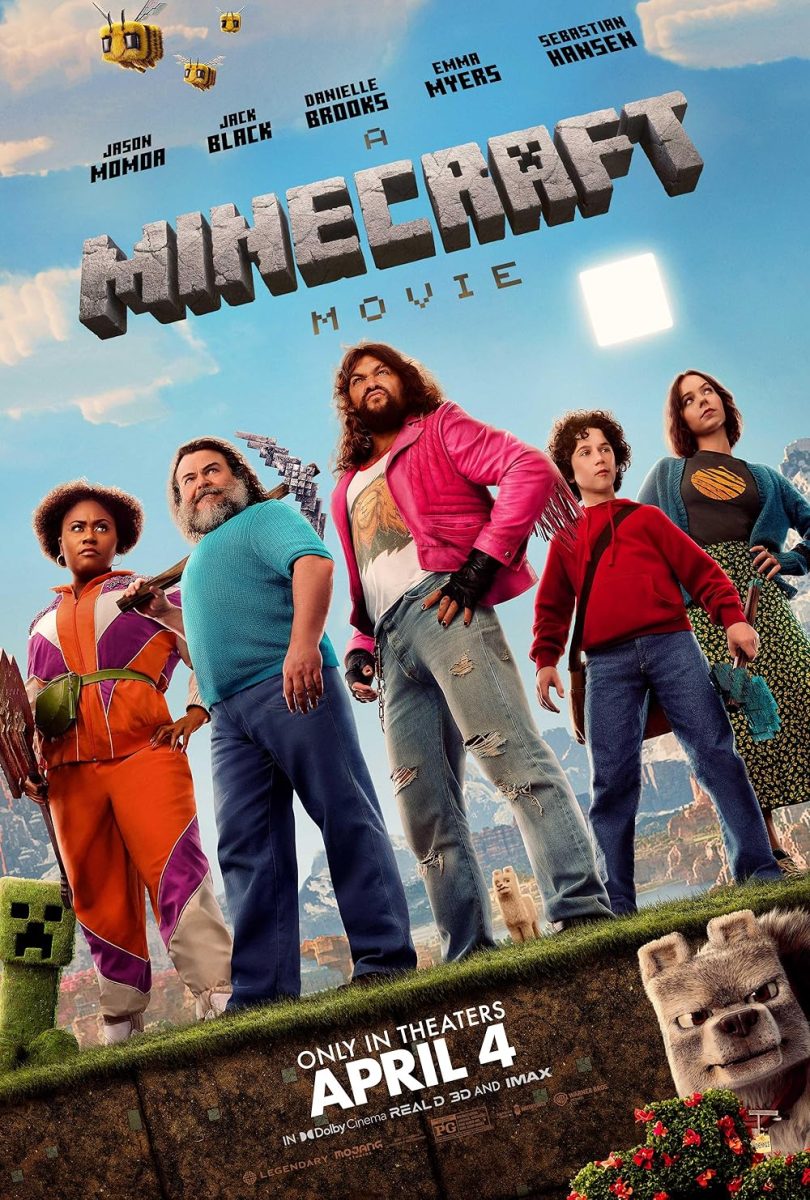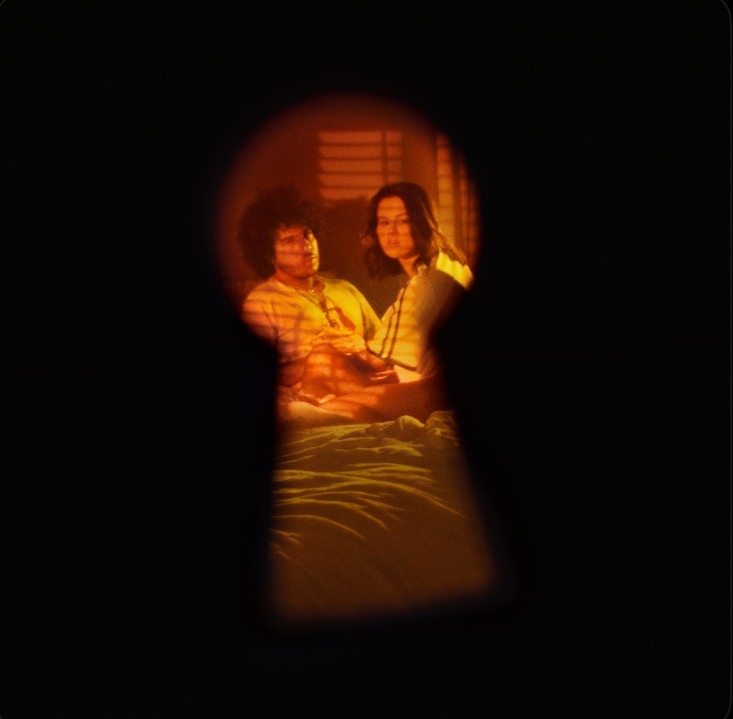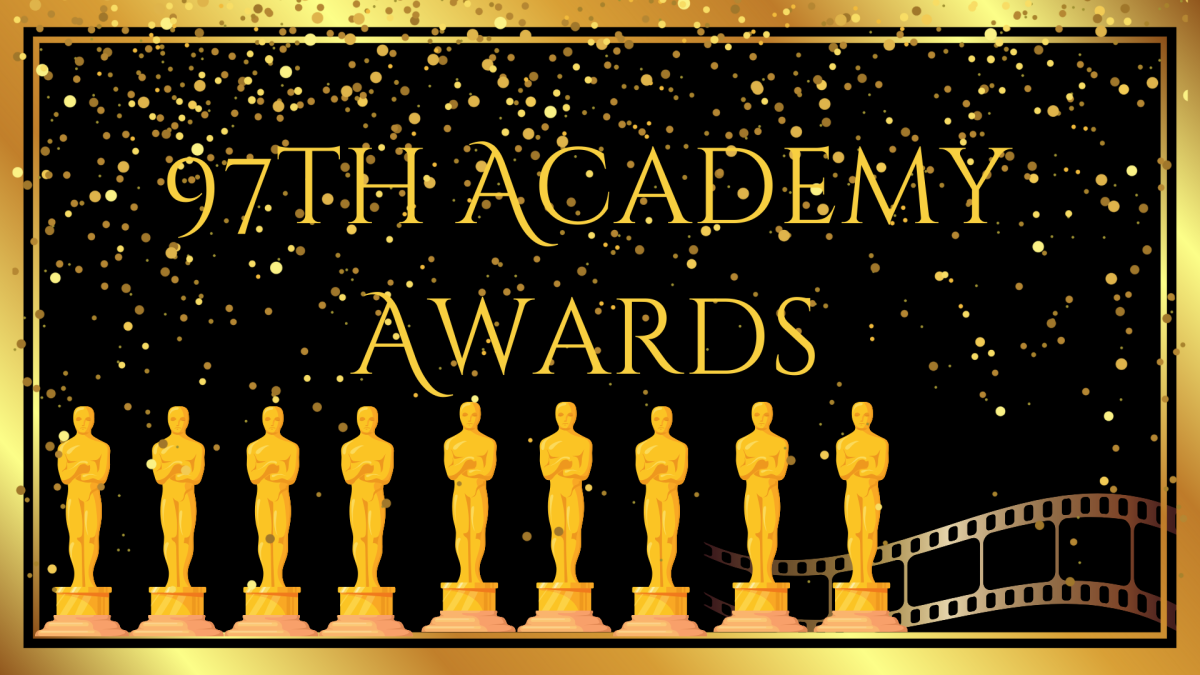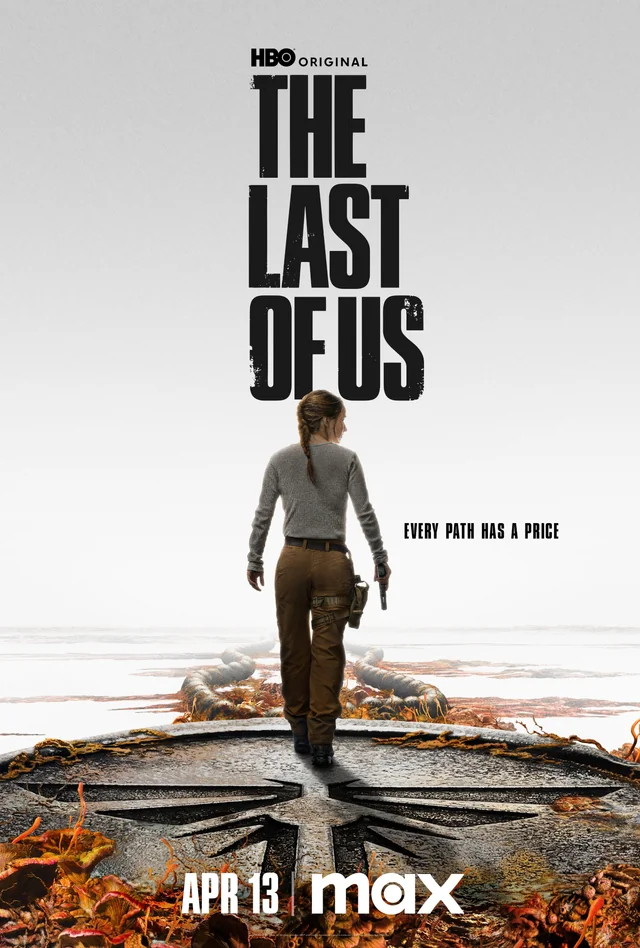*Spoiler Warning for “Invincible” and “The Boys”*
On Nov 3. 2023, the first episode of “Invincible”’s season two aired on Prime Video. “Invincible”, first airing on Mar. 25, 2021, is an Amazon-original show based on Robert Kirkman’s comic series of the same name. The show follows Mark Grayson, son of Omni-Man, a superpowered alien who fights crime. Grayson inherits his fathers powers and becomes a hero, taking on the titular helm of “Invincible”.
The term “superhuman” refers simply to one who has extraordinary/exceptional ability. The superheroes of pop culture and media are a dramatized version of this, often representing a fantastical interpretation (i.e., laser eyes or x-ray vision).
“Invincible” delves into superheroes — what it means to be a “hero” and the usage (and corruption) of power. Characters like Omni-Man serve as a subversion of common tropes of heroism, Omni-Man being a seemingly-manic colonist from the oppressive Viltrumite empire. Invincible’s historical roots and its presence in popular culture make it noteworthy to discuss its story and widespread reception.
The Nietzschean Ideal
In the past 20 years, there has been a rise in superhero media. The most common and well known example is the Marvel Cinematic Universe, a franchise that has made nearly 30 billion USD from box office revenue alone. However, there are many other franchises/series that have been produced: the “DC Extended Universe”, “The Boys, “Kickass”, “Hancock”, “M. Night Shymalan’s Unbreakable”, etc. Each of these franchises/series explore the superhuman.
Despite this trend, the concept of the superhuman is not new, with concepts dating back millenia. The myths of Gilgamesh and Heracles date back to the 400 BCE. In the Homeric epics, characters like Achilles and Odysseus represent the first instances of written superhumans and/or heroes.
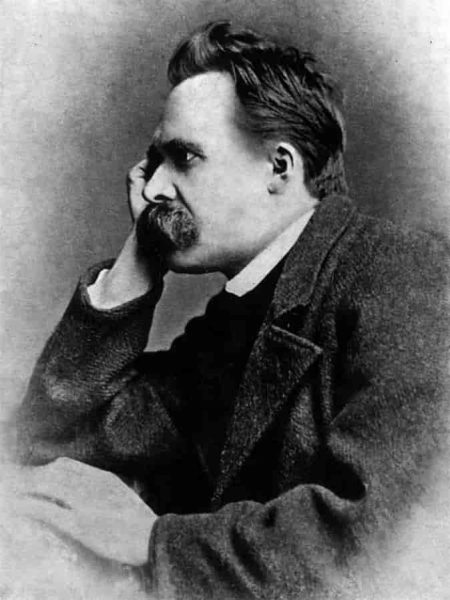
In the past century, the most notable of these concepts was the Ubermensch. The Ubermensch was proposed by 19-century German philosopher Friedrich Nietzsche in his book, “Thus Spoke Zarathustra: A Book for All and None”, famous for its statement, “God is dead”. The Ubermensch is a figure that transcends the common structures and limitations of human beings, functioning as the Nietzschean idealized human.
Notions of the superhuman are greatly important to understand, as they are examples of political representations and influences.
The Nietzschean ideal is often referenced in conjunction with Nazism. Professor of Social Sciences at the University of Chicago, Max Whyte, published his essay, “The Uses and Abuses of Nietzsche in the Third Reich: Alfred Baeumler’s ‘Heroic Realism’”, in which he detailed the connections between Nietzschean philosophy and the Third Reich. Whyte highlighted Alfred Baeumler, a Nazi “intellectual”, and attributed the Nazi acts to philosophical thought.
“New studies have revealed the perpetrators of National Socialism’s crimes as ideologically driven activists, not inane bureaucrats and pedantic pen pushers,” Whyte wrote. “Though by no means the most active architects of nazi policy, few in the Third Reich were more self-consciously concerned with the ‘idea’ of National Socialism than its philosophers.”
This was followed by the introduction of Nietzsche, Nietzsche work, and its “nazification”.
“Nietzsche has been rehabilitated into the pantheon of great philosophers as an essentially benign thinker largely concerned with the shaping of the self and the soul, while the ‘nazified’ Nietzsche has been summarily dismissed as a crass and manipulative misinterpretation,” Whyte argued.
The “nazified” Nietzsche is not considered by educated Nietzsche to be the philosophical spearhead of the late 1800s. Despite this, the Nietzschean ideal paved the way for usage of Eugenics in Britain and the stage of Darwinian thought and the “will to power”. The superhuman, while a philosophical consideration, had a great influence on political/military discrimination.
“Evil” Superman
Proceeding from the Nietzschean ideal sits modern superhero media. Superman, while not directly inspired by the “Ubermensch”, still represents similar concepts: extraordinary abilities, hope, strength in morality, etc. The story of Superman set a precedent of superheroes in comics and the media.
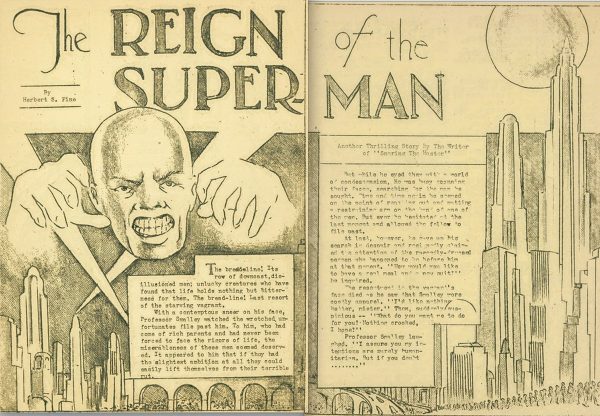
Written and illustrated by Jerry Siegel and Joe Shuster, a fanzine in the third issue of SCIENCE FICTION in Jan. 1933
The concept of superman has been subverted multiple times over, a title denoted as the “Evil Superman”. However, the original run of Superman by the original creators, Jerry Siegel and Joe Shuster, didn’t have Superman be the hero we see him as today. In 1983, Tom Andrae conducted an interview with Siegel and Shuster, in which they talked about “The Reign of Superman”, a short story where Superman is the villain.
“The superman theme has been one of the themes ever since Samson and Hercules; and I just sat down and wrote a story of that type — only in this story, the Superman was a villain,” Siegel said, “A couple of months after I published this story, it occurred to me that a Superman as a hero rather than a villain might make a great comic strip character in the vein of Tarzan, only more super and sensational than that great character.”
Similar to Siegel and Shuster initial concept of Superman, Omni-Man of Invincible challenges the conventional “hero” archetype and is often roped into the group of “Evil-Superman”. Omni-Man explores the influence power has on moral-ambiguity by diving into how superhuman abilities/capabilities create a desire for more. However, the character arc of Omni-Man is the opposite of most common portrayals of villains. Where villains like Darth Vader (“Star Wars”) “fall to the seduction of the Dark Side”, or fail to see/correct the error of their ways like Dr. Frankenstein (“Frankenstein”), Omni-man’s arc lies in finding oneself despite the corruption of power.
The corruption of absolute power is needily represented in fiction. The “Evil-Superman” concept allows for writers to represent the need for accountability and the danger of the glorification of those in power.
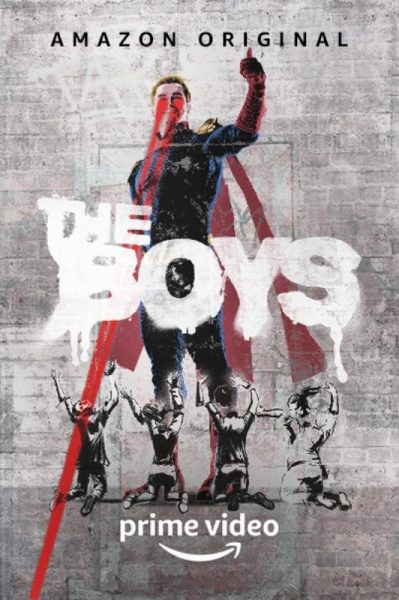
Credits to Amazon Prime
Similar figures that fit the “Evil-Superman” criteria attempt to represent this need. Amazon Original “The Boys” is set in a world of “superheroes”, most notably Homelander.
State High junior Ben Moser is a fan of “The Boys” and has seen how Homelander can think and act.
“Homelander fits the representation of the ‘Evil Superman’ through his actions,” Moser said, “The scene where he decides against saving a plane [full of people] or kills a bunch of people. He is clearly meant to be the villain.”
In a Vulture interview regarding his series “The Boys”, Eric Kripke delves into his lack of subtlety and how clear his message is meant to be with his character “Homelander”.
“Suddenly surprised that the show in season three has gone ‘woke’, and it turns out Homelander and the superheroes are villains?,” Kripke said, “I don’t know, man. This show is a lot of things, but subtle is not fucking one of them…So those were the types of thoughts we had around the last couple of episodes, this notion that leaders are actually full-on willing to fracture society if it means they can move up a little bit in power and popularity.”
Echoing the Notions of the Common Man
The superhuman, whether deliberate or not, are often used as a channel of escapism. We do not possess superpowers. We do not possess laser eyes or x-ray vision. By projecting oneself into character like Invincible, an audience is able to imagine themselves as someone who can make a change.
However, by simply using superhero media as a channel of political and ideological representation, people are able to make a change or, to the smallest extent, take a step in the right direction. Discussing our ideals, hopes, and morals in the form of character, which while possibly serving as a caricature, furthers critique.


